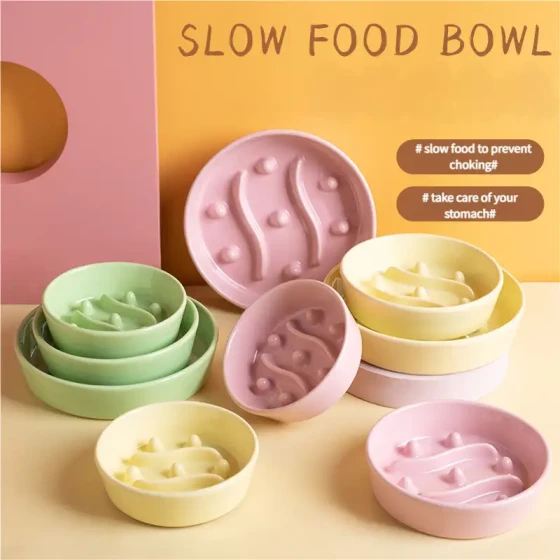Dietary Points During Dog Illness

Golden Retriever (detailed introduction)
Like humans, dogs are very weak while ill, making their diet especially important during illness. The food prepared for sick dogs needs to be easy to digest, nutritious, and very palatable. So what exactly should be done?
To supplement protein, it is best to choose animal-based protein feeds, minimize the content of crude fiber in the food, and supplement adequate vitamins and minerals. Feed small amounts multiple times a day; reduce crude fiber, lactose, plant protein, and animal connective tissues (such as ligaments, tendons, etc.) in the food; increase cooked eggs, lean meat, and other easily digestible, highly nutritious foods.
For dogs with fever, their metabolism generally increases by 10% for every 1℃ rise in body temperature, meaning nutrient consumption is higher than in normal dogs. Infectious diseases strengthen the synthesis of immunoglobulins and metabolism of the immune system, requiring sufficient protein and nutrients to meet these needs.
Some diseases (especially those accompanied by fever) cause reduced or stopped saliva secretion, resulting in dry mouth, making chewing and swallowing food difficult. Fluid or semi-fluid foods should be given, along with plenty of drinking water. Dogs with gastrointestinal diseases, especially those with vomiting and diarrhea, lose large amounts of water through excrement, and failure to replenish promptly leads to dehydration. Therefore, sufficient water must be supplied to such sick dogs. For dogs with vomiting and diarrhea, B vitamins should be supplemented in the food.



